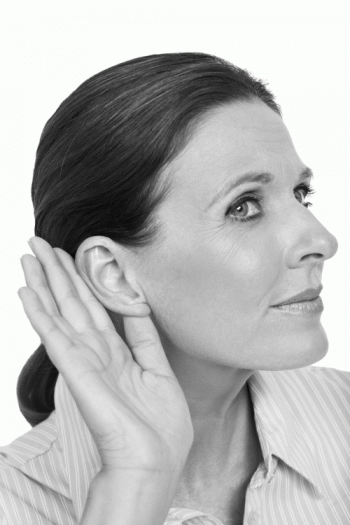Archives
Stay up-to-date and on top of your health with our e-Newsletter and receive updates on current treatments and vital health issues.
PSST….CAN YOU HEAR ME???

Did you know that both hearing loss and social isolation can lead to an acceleration in cognitive decline? Incredibly, individuals with hearing loss have a 30-40% faster rate of decline than those with normal hearing, accelerating as the hearing loss worsens. So having your hearing checked & corrected, is not just a matter of being able to hear better, but is also fundamental to maintaining your mind’s sharpness. Whilst hearing decline is a natural part of ageing, it can be managed, and the earlier a hearing impairment is detected, the greater the potential for preventing or reversing the negative effects on brain function.
It’s a common belief that people with hearing loss or impairment just can’t hear sounds loudly enough but it’s actually far more complicated than that. Soft sounds can’t be heard, key parts of particular speech sounds may not be heard, sounds are difficult to separate making voices become jumbled with background noise and a reduced range of hearing can make loud sounds intolerable as well. These hearing issues make it more difficult to participate in conversations and if left untreated can lead to social withdrawal and low self-esteem.
Who do you picture when you think of someone with hearing loss or impairment? Most people think of older adults. Despite this common myth, hearing impairment and its associated complications is not just a problem of the elderly. Approximately 25% of adults between 55 to 64 years and 43% of adults between 65 to 84 experience hearing loss. It affects people of all ages, including newborns and children.
Given that children use their senses, including hearing, to learn about the world around them and develop communication skills, identifying and correcting hearing loss in children is critical to ensuring their optimal development. Delays in speech and language development and poor school performance, can be signs of hearing loss. Have you ever noticed that your child doesn’t respond from a distance or that their words don’t seem to be clear? Have you always just put it down to ‘selective hearing? These may in fact be signs of an underlying problem with your child’s hearing. Once again, the earlier these issues are detected, the quicker and more effectively these can be corrected and complications prevented.
So, instead of turning a blind eye or deaf ear to these problems, get yours and your family members’ hearing screened regularly or at the first sign of any suspected hearing loss.